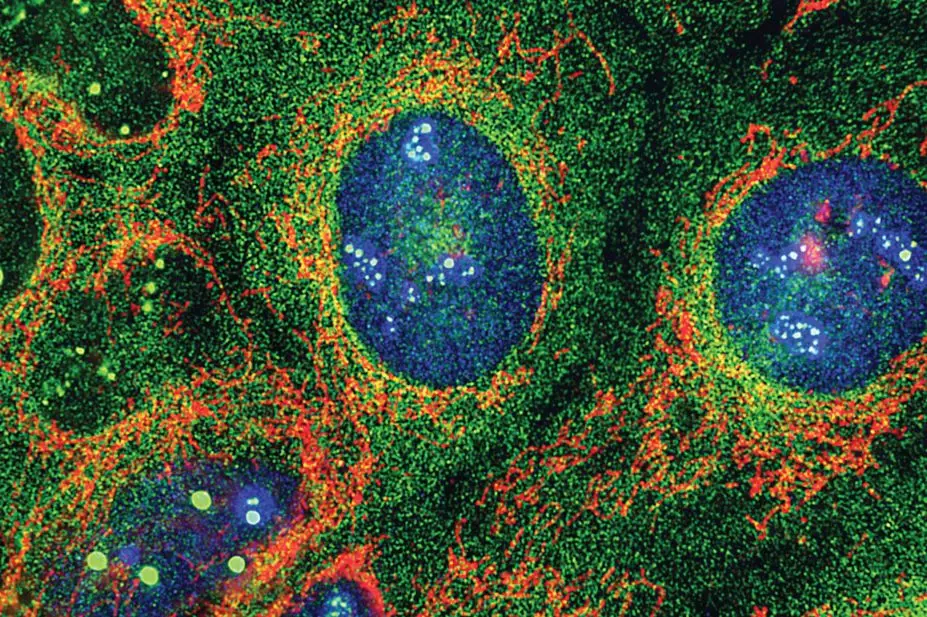
Nancy Kedersha / Science Photo Library
Over the last three decades there has been limited improvement in the prognosis of osteosarcoma, a primary malignancy of bone which is incurable in 40% of cases.
In the largest sequencing study of osteosarcoma to date, researchers performed sequencing on the genomes of 112 childhood and adult osteosarcomas, across a range of tumour subtypes to explore potential drug targets.
They found mutations in the insulin-like growth factor (IGF) signalling genes in 7% of cases. In a separate cohort of 87 patients, through fluorescence in situ hybridisation (FISH), they showed that the gene for the IGF1 receptor was overexpressed in 14% of cases.
Reporting in Nature Communications
[1]
(23 June 2017), the team says the findings should reinvigorate research into the use of IGF1R inhibitors for osteosarcoma, which had been explored but abandoned in the past, using genetic sequencing to select patients most likely to respond to treatment.
References
[1] Behjati S, Tarpey P, Haase K et al. Recurrent mutation of IGF signalling genes and distinct patterns of genomic rearrangement in osteosarcoma. Nat Comms 2017; 8:15936. doi: 10.1038/ncomms15936


